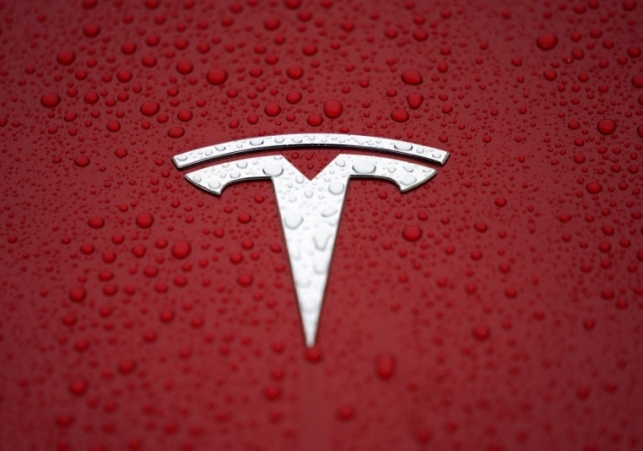

Tesla is currently mired in yet another issue, as a Black homosexual woman just filed a lawsuit against the firm, accusing it of turning a blind eye to what she alleges are frequently racist and homophobic slurs, as well as physical stress, at the Tesla site in California.
According to his attorneys, a federal court in San Francisco has ordered Tesla to compensate a former employee, Owen Diaz, about $137 million after he was subjected to racist harassment while working for the firm. The jury awarded more money to the client than the attorneys had requested, including $130 million in punitive damages and $6.9 million for mental distress.
While this isn't the first time an accusation like this has been leveled at Tesla, it is sure to tarnish the company's reputation further.
Kaylen Barker, according to accounts, was a former contract worker who was in charge of inspecting brake parts at a Lathrop sub-assembly plant.
Diaz, a former contract worker who was hired at Elon Musk's electric vehicle company through a staffing agency in 2015, faced a hostile work environment in which, he claimed, coworkers used epithets to denigrate him and other Black workers, told him to "go back to Africa," and left racist graffiti in restrooms and a racist drawing in his workspace.
She said, “I feel like I have been tortured and sent back in time before African Americans had civil rights." She claims she was treated to different racial comments during her time there. Her complaint also claims that a White coworker assaulted her with a hot grinding tool while abusing her on racial and sexual orientation lines.
What's more incriminating for Tesla is that Barker claims she spoke to her bosses about the instances, but was sacked from her position on October 29, just weeks after raising the issue.
The action was only able to move forward because Diaz had not signed one of Tesla's mandatory arbitration agreements, according to Diaz's attorneys, J. Bernard Alexander of Alexander Morrison + Fehr LLP in Los Angeles and Larry Organ of the California Civil Rights Law Group in San Anselmo.
Tesla utilizes mandatory arbitration to force employees to settle disagreements behind closed doors rather than in front of a public jury.
This latest lawsuit has the potential to further tarnish Tesla's reputation, which has already been tarnished in the past due to the company's failure to respond to racial abuse accusations. Tesla failed to prevent his bosses from using the 'N' slur, and a Black ex-employee won a $1 million discrimination judgement in arbitration in May of last year.
Unlike employees at other major automakers such as Ford and GM, Tesla staff are not represented by a recognized union.
This could also explain why Tesla CEO Elon Musk has been disregarded in previous meetings between US President Joe Biden and CEOs of major corporations.
Tesla's board should investigate the effects of mandatory arbitration on their own personnel and culture, according to Nia Impact Capital, a shareholder activist.
Mandatory arbitration, according to the Oakland-based social impact fund, can permit and hide sexual harassment and racist discrimination from Tesla stakeholders, damaging employees, lowering morale and productivity, and putting a strain on the company's financial line.
Tesla's board of directors has encouraged shareholders to vote against reporting on the effects of mandatory arbitration on employees this year, as it did last year.
Tesla's annual shareholder meeting is set for Oct. 7 at Tesla's new vehicle assembly factory outside of Austin, Texas, which is now under construction.
A request for comment from Tesla was not immediately returned.
Tesla, on the other hand, posted a blog post to the general public late Monday, which it said had previously been disseminated internally to staff by Tesla VP of People Valerie Capers Workman. She underestimated the severity of the racist persecution reported by Diaz in the post.
Read more: Telangana commence minister invites Tesla CEO